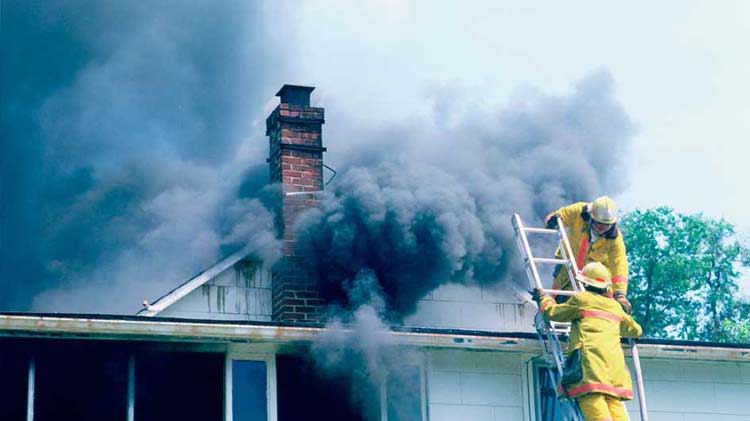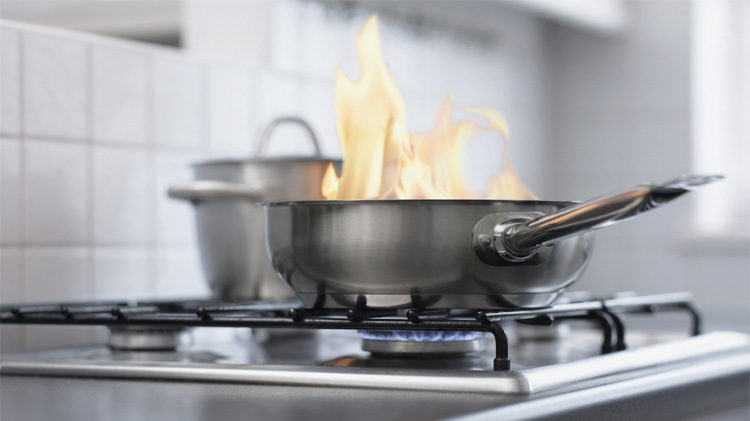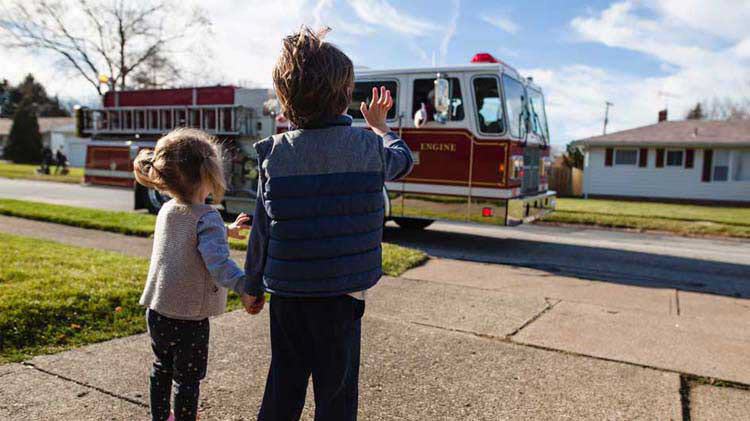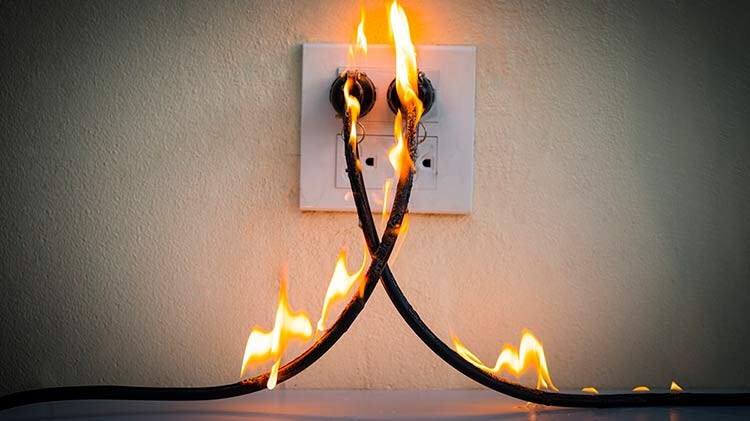What to do after a house fire
Consider these tips to help you and your family recover after a house fire.
After suffering a house fire, it might be difficult to determine what to do next. These tips may help you get back on your feet:
- Find a safe place to stay. Depending on the amount of damage, you might not be able to stay in your own home. If staying with friends or family isn't an option, talk to your local disaster relief agency, such as the American Red Cross or Salvation Army. These organizations can help you find a place to stay temporarily.
- Let family and friends know you’re safe. As word gets out that you’ve had a house fire, family and friends may be concerned. Try to reach out to them when you have time.
- Contact your insurance agent. You'll need to start a claim and address your immediate needs. If needed, your agent may issue an advance for "Loss of use" from your insurance policy to cover living and other daily expenses. If you receive an advance on your claim, save all receipts and keep a detailed record of all purchases. Your insurance agent should also be able to help you secure your property and offer recommendations for cleaning up or restoring salvageable items.
- If you rent, call your landlord. Notify your landlord about the house fire if they aren’t already aware. There may be actions they need to take to help address the damage.
- Protect your home. Even though your home is damaged and you may not be able to stay there, you typically have the responsibility as the owner to help protect it from further risk — such as weather and unlawful entry.
- Take care of your pets. Consider getting your pets checked by a veterinarian after a fire. Your pets' lungs may be damaged by smoke, and burns can hide under fur.
- Get a copy of the fire report. You can usually get fire reports from your local fire department. The report may be helpful in providing information for your insurance agency.
- Take pictures. When it is safe to do so, take pictures of your damaged property. This can help you document what needs to be replaced before it is possibly damaged further or removed from your home.
- Address your finances. Even if your home is destroyed, you may need to continue making your mortgage payment. You might also need to continue any car payments and replace any credit or debit cards that may have been destroyed in the house fire.
- Replace lost documents. If you don’t get a chance to grab important documents like passports, birth certificates and marriage licenses beforehand, they will need to be replaced. If the documents are in a safe, try to check it as soon as you’re allowed back in your home.
- Throw away damaged items. As you try to determine what to throw away, focus on items like plastics, canned/boxed food, medicine and hygiene products, that may have been exposed to fire and could be contaminated by smoke and soot. Take pictures of the things you discard for documentation purposes.
- Recover your possessions. Items destroyed in a house fire may be covered by insurance. Typically, the homeowners policy is a replacement cost policy. When that's the case, and a loss occurs, you will receive the actual cash value of your damaged items at the time of settlement and may recover the replacement cost once the items have been replaced. To see that everything is accounted for, consider a home inventory of your possessions. A complete inventory generally includes the date of purchase, cost at purchase and description of each item.
- Keep records of repairs and notes written along the way. As you go through the process of restoring your home, a lot of information will be discussed. You might also have many receipts along the way. Using a binder or folder may help you keep track of these types of documents.
- Update your mailing address. If you know you’ll be away from your home for a while, consider changing your address with the post office. This can help ensure that you’ll still receive your mail during this time.
- Take care of your family's mental health. Disasters can make it difficult to cope. This is particularly true of children. Be patient with yourself as you work through any stress caused by the fire. If you or others in your family are having difficulty coping, seek support.
Before you find yourself dealing with a loss, it can be helpful to understand your insurance policy and its coverages. Reviewing it ahead of time might help you know what to expect if a loss occurs — and what your responsibilities may be.
How to submit a content inventory list?
We are dedicated to help you recover your losses quickly and efficiently. If you have a State Farm® claim that involves significant personal property damage, you can use content inventory aids we have available to guide you during your loss recovery.
You can access these aids in 3 different ways:
- Claims Hub
- Homeowners forms on our website
- By contacting your claim handler
Once complete, your damaged personal property list can be sent to us via claims hub and/or email. Adjustments and additions to your inventory can also be made after submission.
Note: All applicable policy provisions and jurisdictions may apply.




